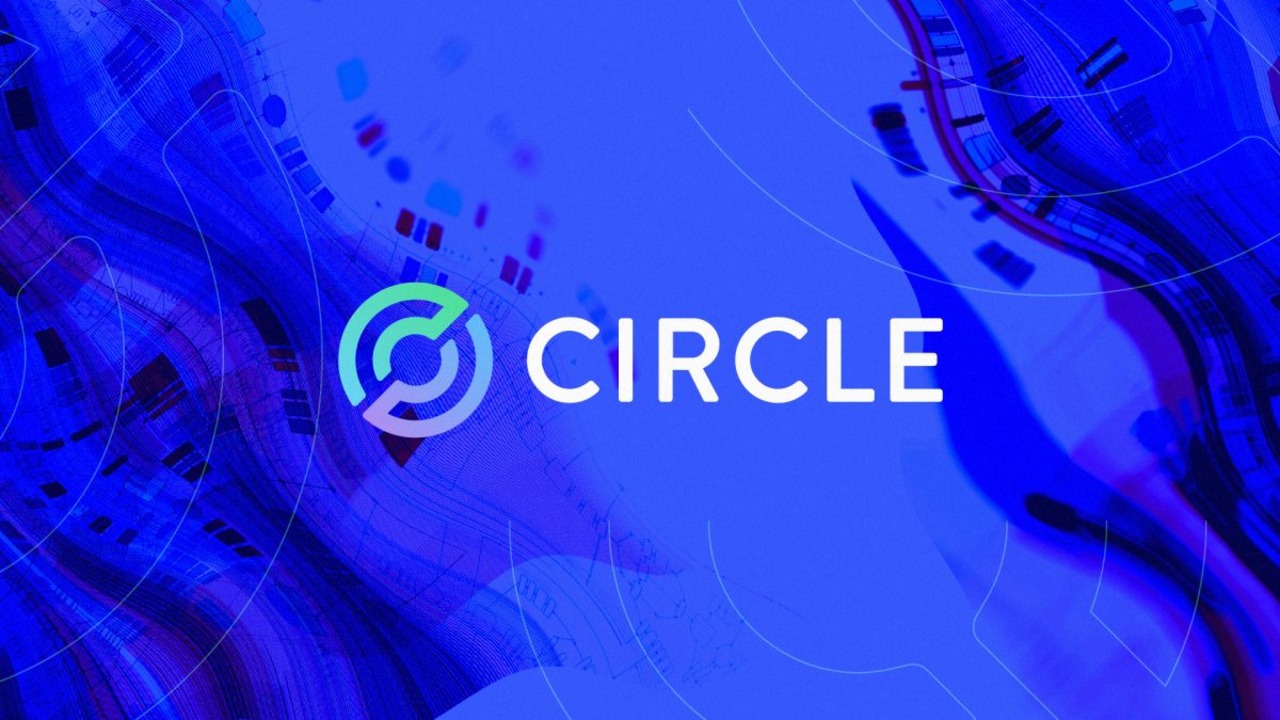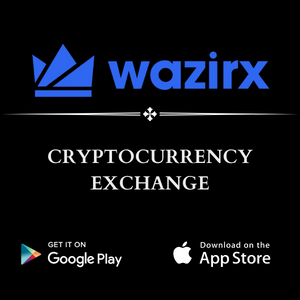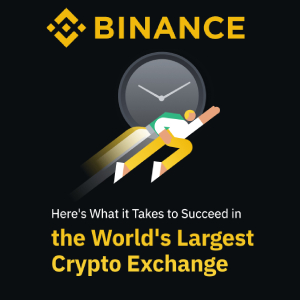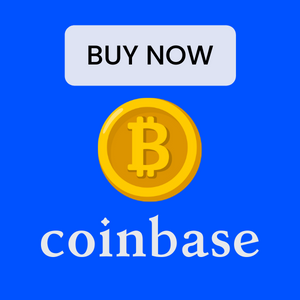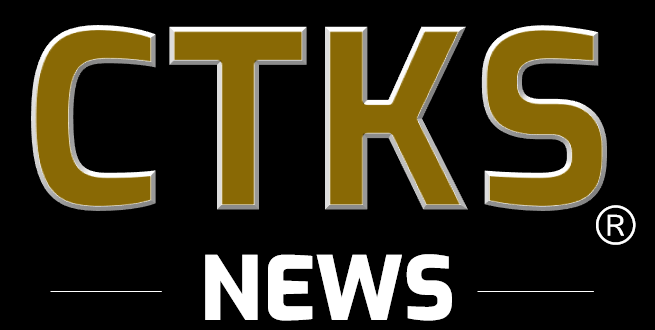USDC issuer Circle just lately submitted a submitting advocating for stablecoins. The agency contended that this specific asset area of interest shouldn’t be categorized as ‘securities.’ Circle’s submitting marks the agency’s intervention in the SEC’s lawsuit towards the world’s largest alternate, Binance. To be extra particular, the submitting falls below the ‘amicus curiae’ or pal of the court docket class. The submitting was made in half by Circle’s Chief Legal Officer, Heath Tarbert. Interestingly, he has served because the Chair of the CFTC in the previous.
Stablecoins Don’t Have ‘Investment Contract’ Features: Circle
In Q2 2022, the SEC filed a lawsuit towards Binance and its government, Changpeng Zhao, for securities regulation violations. The regulator accused the alternate of mishandling buyer funds. Additionally, it additionally blamed the alternate for allegedly mendacity to each regulators and buyers concerning its operations. The company additional went on to deem a bunch of tokens as securities. Notably, Stablecoin BUSD was on the record.
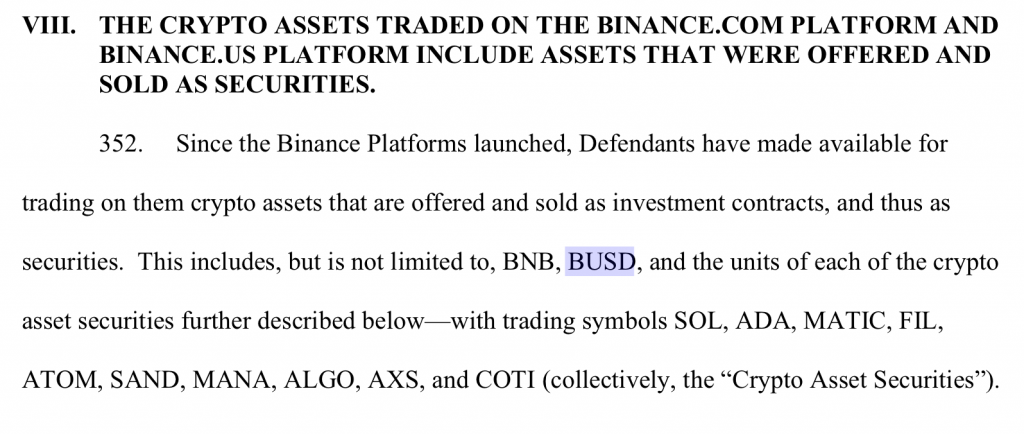
Circle has now contended that stablecoins shouldn’t fall below the ambit of the broader monetary buying and selling legal guidelines. Specifically, it argued that belongings pegged to the greenback, like BUSD and USDC, shouldn’t be categorised as securities. One of the explanations it cited to justify its argument was that stablecoin customers don’t anticipate any revenue from standalone purchases of such belongings. The agency additional contended,
“Payment stablecoins, on their own, do not have the essential features of an investment contract. Decades of case law support the view that an asset sale—decoupled from any post-sale promises or obligations by the seller—is not sufficient to establish an investment contract.”
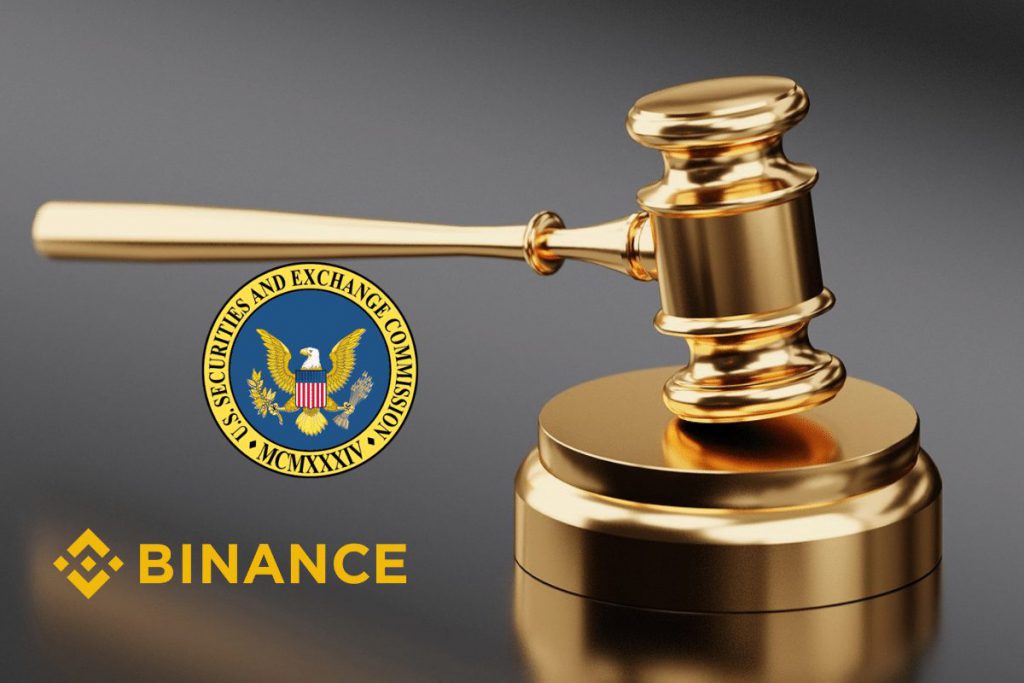
Alongside Binance, the SEC can also be pursuing authorized motion towards Coinbase. In its lawsuit towards this alternate, the regulatory company deemed SOL, ADA, MATIC, FIL, SAND, AXS, CHZ, FLOW, ICP, NEAR, VGX, DASH, and NEXO to be securities. Coinbase has been searching for regulatory readability in this regard. It just lately identified that the U.S. was an ‘outlier’ and has not been making any progress on the regulatory entrance. Contrarily, 83% of the G20 members and prime monetary hubs have made progress, it claimed.

